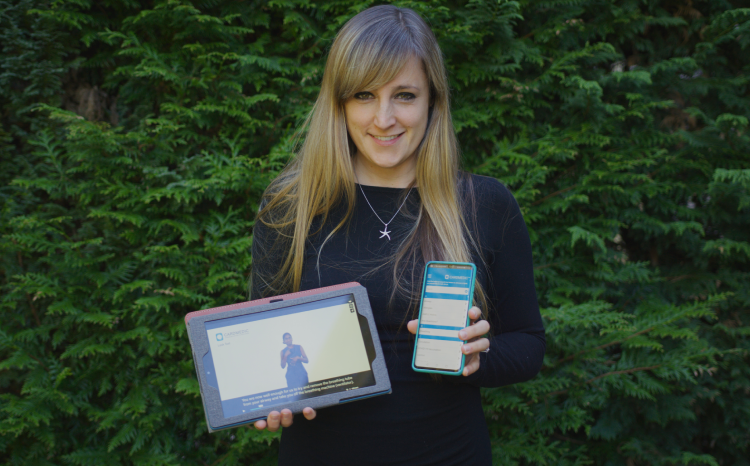NHS Greater Glasgow and Clyde to evaluate AI chest x-ray reporting
- 11 December 2023

A digital health collaboration is to evaluate the use of AI in chest x-rays in Glasgow, with the Scottish government, University of Glasgow, Qure.ai and NHS Greater Glasgow and Clyde jointly working to assess an AI-powered chest x-ray reporting solution.
With the aim of detecting lung cancer earlier to improve patient survival rates, the solution will be implemented in around 70,000 chest x-rays each year. The collaboration comes off the back of a national coordinated evaluation of artificial intelligence in radiology to prove clinical effectiveness, cost efficiencies and improve outcomes for patients.
The Qure.ai qXR solution automatically segregates ‘normal’ chest x-rays while flagging abnormalities such as masses or lung nodules. This will enable the prioritisation of patient care reporting for clinicians.
The technology can also help streamline the patient pathway to CT scan or treatment plan, by detecting cancer earlier, from GP-referred chest x-rays in an outpatient hospital setting.
Professor David Lowe, professor of health innovation at the University of Glasgow and emergency consultant at NHS Greater Glasgow and Clyde, said: “At present, nearly 50% of patients present with advanced or stage 4 cancer, leading to poorer outcomes. If we can spot cancer earlier, by speeding up the time and accuracy of the 100,000 chest X-rays performed each year at NHSGGC, we can improve time to further imaging, and subsequent treatment. Qure’s chest X-ray AI will help orchestrate benefits for the whole patient care pathway.”
Using AI has the potential to speed up the start of a patient’s care journey from weeks to just days, and so improve both overall health outcomes and quality of life. Patients with suspected lung cancer will be prioritised for follow-on CT which will support the delivery of Scotland’s optimal lung cancer diagnostic pathway.
NHS Greater Glasgow and Clyde director of research and innovation, Professor Julie Brittenden, added: “Working in partnership with industry and colleagues in academia gives us many valuable opportunities to enhance our existing services and make best use of our clinical resources, and in turn provide insights that may inform treatments and practice further afield. Early diagnosis of cancer is of crucial importance to how we improve patient outcomes. Innovative approaches to how we can evaluate and then use AI to assist clinicians when treating their patients mean we can ensure patients are on to the appropriate treatment pathway as quickly as possible.”
Qure.ai is also involved in the LungIMPACT trial – a collaborative study between the AI company, academia, University College London Hospitals NHS Foundation Trust and Nottingham University Hospitals NHS Trust aiming to gather real-world evidence of AI-assisted diagnosis of lung cancer.





